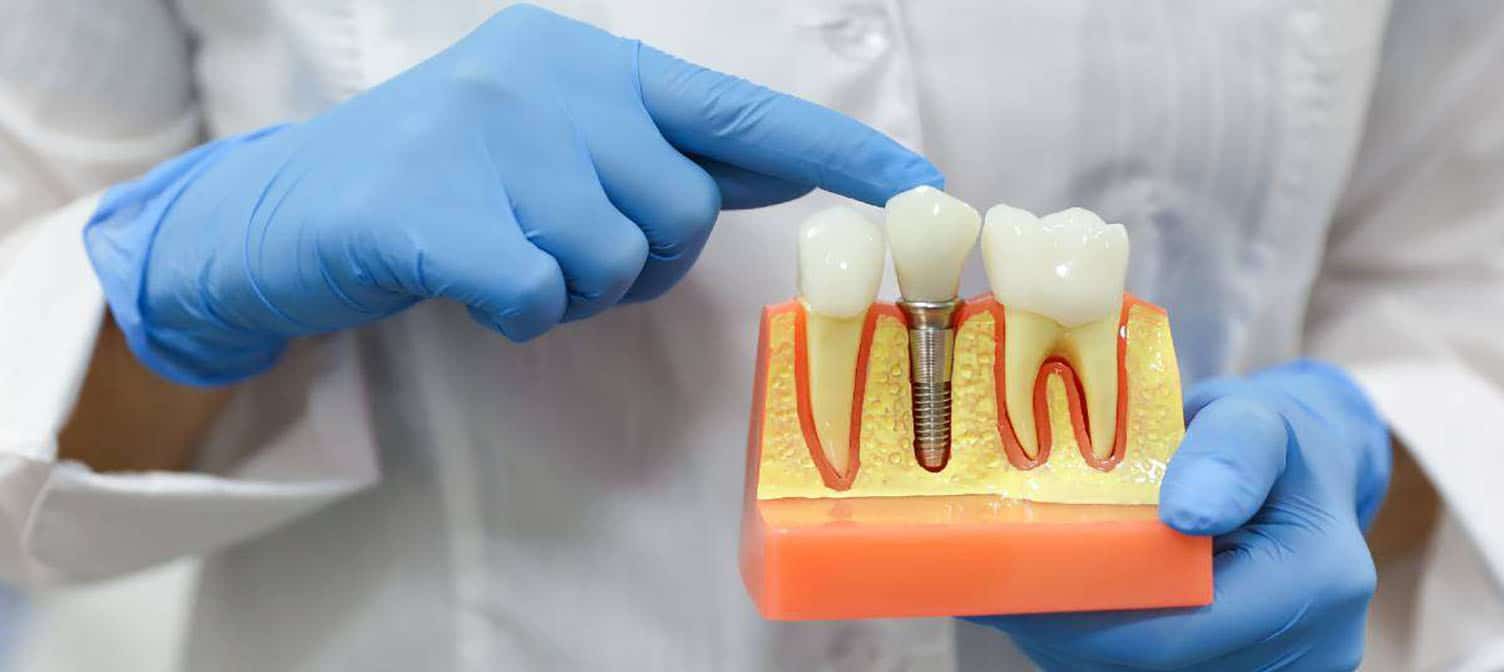Dental implants are often praised as a long-lasting solution for missing teeth, designed to look and function like natural teeth. But even with their high success rate, problems can occur, such as a loose dental implant crown. Recognizing the common signs early and seeking prompt attention from your dentist can help prevent further complications and preserve your oral health for the long term.
One of the first warning signs that something may be wrong is when an implant crown is loose or when the dental implant feels loose. You might notice discomfort at the implant site, visible gaps between the crown and your gum tissue, or difficulty chewing on one side of your mouth, especially with hard foods.
Other common symptoms include sensitivity when brushing, changes in bite alignment, or pressure around the dental crown itself. Since some of these problems overlap with issues such as a loose tooth, a root canal infection, or general implant issues, making it essential to consult a dental professional as your first step when something doesn’t feel right.
Table of Contents
Common Causes and Risks
Research shows that over 40% of patients with dental implants experience at least one complication, most commonly technical issues such as loosening of components or biological problems, including infection and inflammation, highlighting the importance of early recognition and professional care to maintain implant health.
Sometimes the dental cement holding cement-retained crowns can weaken, or the dental implant screw inside the titanium post may loosen over time. In other cases, poor oral hygiene can allow bacteria to accumulate near the implant site, leading to gum infections, bone loss, or the eventual failure of the dental implant.
An improperly fitted implant or improper placement can also cause instability. If left untreated, these issues may necessitate bone grafting, crown replacement, or even the complete removal of the implant. The longer the crown remains unstable, the greater the risk of further damage to the jawbone and surrounding tissues.
Treatment Options and Prevention
The best course of action if you notice any of these symptoms of a loose dental implant crown is to visit your dentist immediately. A dental implant specialist will evaluate the underlying cause and create a personalized treatment plan. Depending on the situation, this may involve tightening or replacing the dental crown, reapplying dental cement, or adjusting the implant’s fit. In more severe cases, procedures such as a bone graft or implant replacement may be required.
Maintaining good oral hygiene is the most effective way to prevent implant-related issues. Daily brushing with fluoride toothpaste, flossing or using a water flosser, and scheduling regular check-ups and professional cleanings help protect the gum health around implants. Avoiding hard foods and managing teeth grinding can also reduce stress on the implant and lower the chances of future instability.
Expert Implant Dentistry at Bloom
At Bloom, our team specializes in Implant Dentistry and Cosmetic Dentistry, offering advanced solutions for patients with implant concerns. Whether your crown simply needs tightening or you require more complex intervention, we provide the most appropriate treatment to restore function and comfort.
Book Now for an appointment today and let us help you protect your implant investment. With early treatment and proper care, you can avoid serious issues and keep your implants strong for the future. At Bloom, we believe the best thing you can do for your long-term oral health is simple: Invest in your smile.

